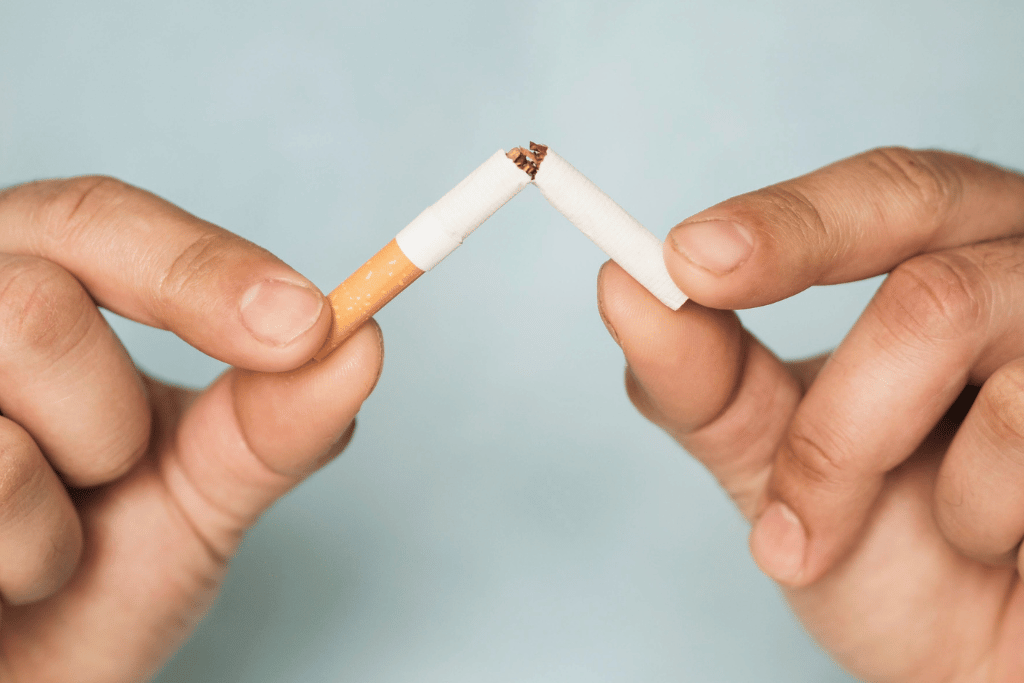
Unveiling the Smoke-Induced Balding Connection
Hair Medical Restoration
Hair loss, a concern that plagues both men and women, can have a multitude of causes, ranging from genetics to lifestyle choices. One such lifestyle factor that has gained increasing attention in recent years is smoking. While it's no secret that smoking is detrimental to overall health, its association with hair loss is a lesser-known but significant concern. In this article, we will explore the relationship between smoking and hair loss.
The Science Behind Hair Loss
Before delving into the connection between smoking and hair loss, it's essential to understand the science behind hair growth and loss. Hair follicles go through a cycle of growth, rest, and shedding. The duration of these phases can be influenced by various factors, including genetics, hormones, and lifestyle. Hair loss occurs when the balance between hair growth and shedding is disrupted.
How Smoking Affects Hair
Several studies have suggested a clear link between smoking and hair loss. The harmful chemicals in cigarettes, such as nicotine and tar, have a detrimental impact on the circulatory system, reducing blood flow to hair follicles. Inadequate blood supply can weaken hair follicles, leading to miniaturization, a process in which hair becomes finer and more delicate over time. This ultimately results in the thinning and loss of hair. When you visit your doctor for hair loss, it is important that they inquire about each of the possible causes as well as modifiable and non-modifiable risk factors.
Moreover, smoking can lead to an increase in oxidative stress, causing damage to the hair's protein structure and leading to premature aging of hair follicles. This can accelerate the onset of conditions like androgenetic alopecia (male and female pattern baldness) and telogen effluvium, both of which are characterized by excessive hair shedding.And causing permanent damage to the follicle, preventing its growth.
The Role of Hormones
Smoking can also disrupt hormone levels in the body. Elevated levels of androgens (male hormones), particularly dihydrotestosterone (DHT), are a common cause of hair loss. Smoking has been shown to increase the production of DHT, further exacerbating the problem for those genetically predisposed to hair loss.
Quitting Smoking and Hair Regrowth
The good news is that the damage caused by smoking to hair follicles is often reversible. When individuals quit smoking, their circulation improves, reducing the negative effects on hair follicles. Additionally, hormone levels tend to normalize over time. However, it may take several months to see noticeable improvements in hair quality and regrowth.
We can use medications to stimulate blood flow in the head, however it is important to completely stop smoking in order to have good results.
The relationship between smoking and hair loss is becoming increasingly clear. Smoking not only damages overall health but can also contribute to hair thinning and loss. Quitting smoking is a crucial step in mitigating this damage and potentially restoring hair health.
For personalized information tailored to your unique circumstances, a consultation with one of our specialized hair care experts is essential. At Hair Medical Restoration, in collaboration with Dr. Jorge Cortez, we offer both online and in-person consultations. These consultations are dedicated to assessing your specific case and needs. Our experts will conduct a comprehensive analysis, taking into account your individual circumstances, and provide personalized guidance based on your expectations and experiences. Remember, taking care of your overall health can have a positive impact on your hair as well.



